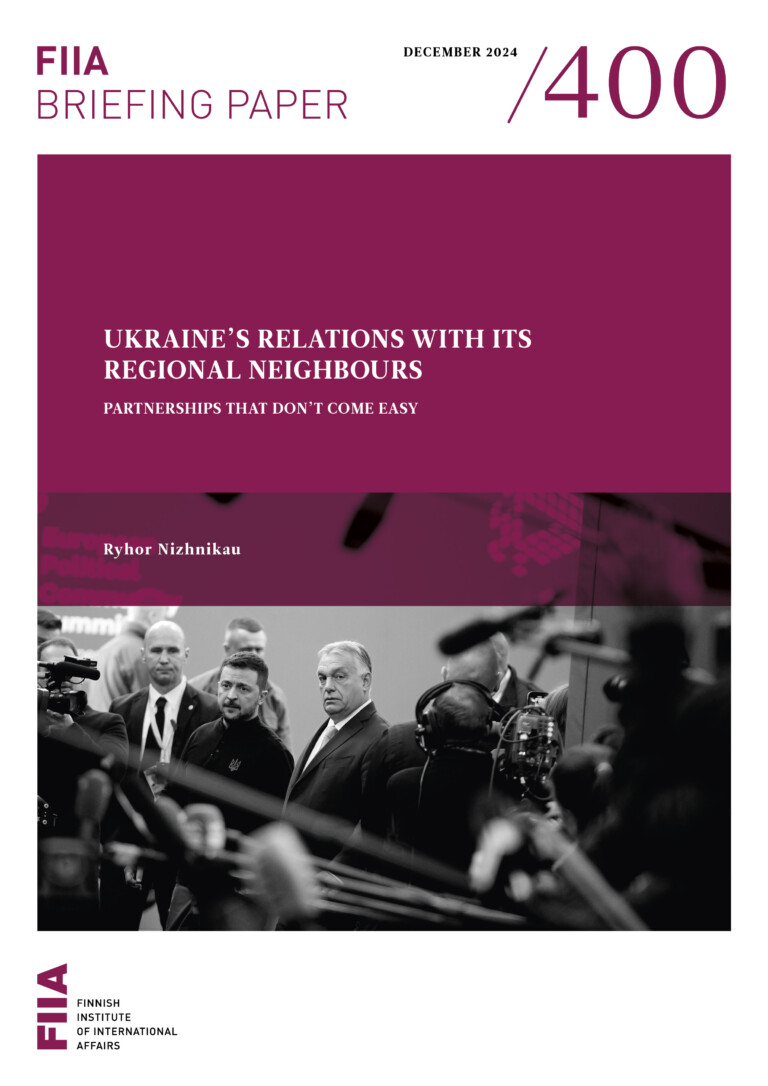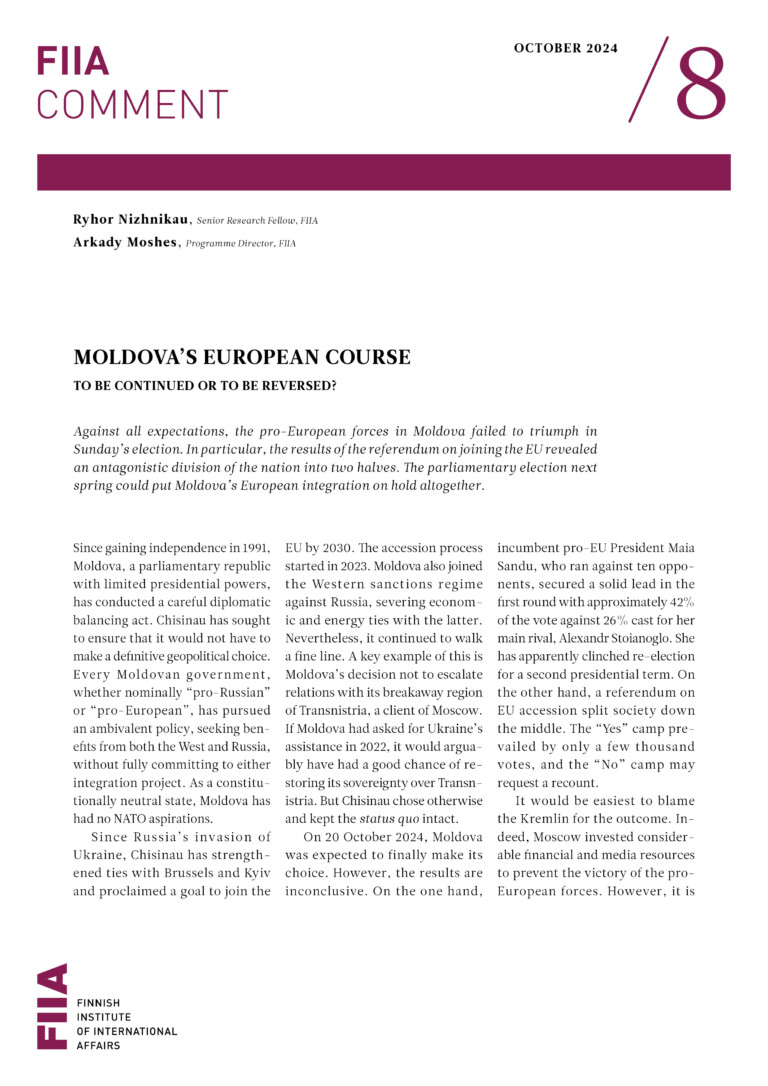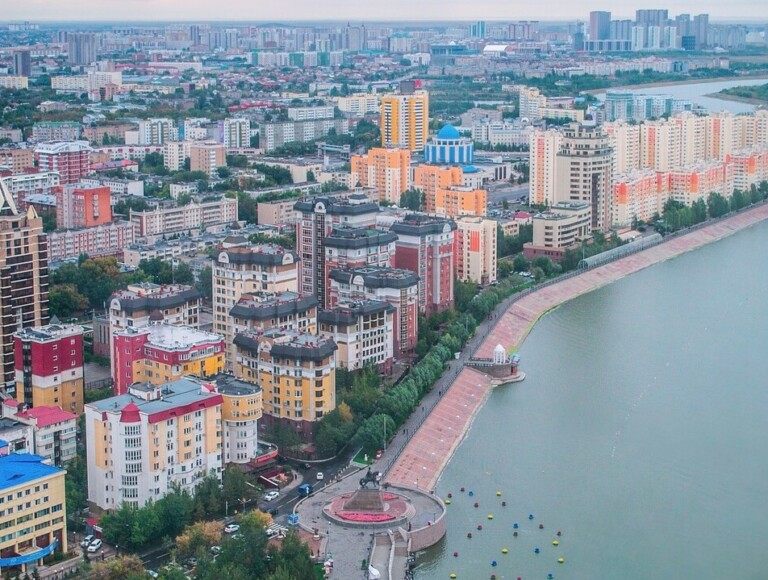Who does a personalist authoritarian ruler designate as their successor, and what makes the transition of presidency to them peaceful in the short term? This article argues that these questions can be fruitfully approached from the perspective of political legitimacy, thus contributing to the further conceptualization of legitimacy in autocracies. By analyzing the 2019 leadership succession in Kazakhstan, the article develops a model of multi-level legitimacy that differentiates between three interconnected levels of legitimacy enjoyed by political actors among the general population, the elite, and the international community. The article tracks the legitimation process and the estimated level of legitimacy of three key political actors (Nazarbaev, Tokaev, and Nazarbaeva) from the immediate pre-resignation period until the political crisis of January 2022, covering both phases of succession: Nazarbaev’s exit from and Tokaev’s entry to power. To estimate the actors’ level of legitimacy on the three analytical levels of the model, the article draws from a diverse dataset consisting of public opinion polls, expert commentary, and international actors’ statements. The article finds that in the initial transition process, the estimated level of legitimacy enjoyed by both Nazarbaev and Tokaev was relatively high in all three levels, in contrast to Nazarbaeva’s. It argues that Nazarbaev’s and Tokaev’s legitimacy contributed to the transition’s initial peaceful nature, but Nazarbaeva’s legitimacy deficit resulted in her marginalization in the succession process. The political turmoil of January 2022 demonstrates that a succession that is peaceful in the short term can paradoxically contain the seeds of a succession conflict erupting later.

Kristiina Silvan
Postdoktoral forskare
Du kan också vara intresserad



FIIA Rapport
Helsinki Security Forum 2024 report

Minna Ålander
Juhana Vartiainen














